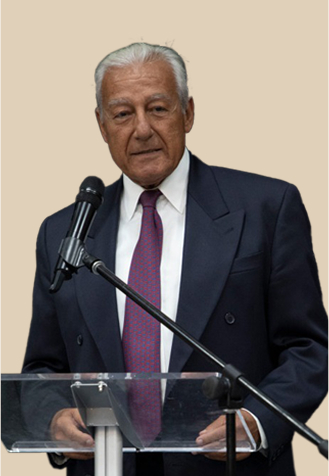ADC Joins New Amicus Brief Opposing Illegal NSA Wiretapping
Washington, DC | May 4, 2007 | www.adc.org | Today, the American-Arab Anti-Discrimination Committee (ADC) joined a number of the largest national civil rights organizations in filing an amicus brief arguing that the National Security Agency‘s (NSA) practice of secretly wiretapping telephone conversations remains a violation of the US Constitution.
The brief was filed in the United States Court of Appeals for the Ninth Circuit. The organizations included in this filing are National Association for the Advancement of Colored People (NAACP), the Asian American Legal Defense and Education Fund (AALDEF), the Japanese American Citizens League (JACL), the League of United Latin American Citizens (LULAC), and United for Peace and Justice (UPJ). See ADC Ninth Circuit Amicus: https://www.adc.org/PDF/Hepting.pdf
The brief follows another amicus filed in the United States Court of Appeals for the Sixth Circuit in November of 2006, by ADC, NAACP, AALDEF, JACL, and LULAC. See ADC Sixth Circuit Amicus: https://www.adc.org/circuit6.pdf
In both briefs, ADC et al. document the history of warrantless wiretapping and surveillance and its crippling effect on civil rights in our nation. ADC argues that warrantless NSA wiretapping directly harmed US citizens and violated constitutionally protected speech and privacy interests, and has a severe chilling effect on civil rights advocacy and other First Amendment freedoms. ADC et al. further argue that it is not in the President‘s power to set aside those checks and balances, and that appropriate judicial oversight must remain in place to require intelligence agencies to be regulated in their surveillance activities.
BACKGROUND
On August 17, 2006, a federal judge in Detroit ruled against the National Security Administration’s (NSA) warrantless spying on Americans, declaring the program unconstitutional and calling for its immediate halt.
Judge Anna Diggs ruled that program violates the not only the First Amendment and Fourth Amendment, but also the Foreign Intelligence Surveillance Act, a 1978 law set up to oversee clandestine surveillance. In her decision, Judge Taylor wrote, “It was never the intent of the Framers to give the President such unfettered control, particularly where his actions blatantly disregard the parameters clearly enumerated in the Bill of Rights.” She also noted that the program violates the separation of powers doctrine of the US Constitution, the rights to privacy, and free speech. To read the ruling see: https://www.adc.org/PDF/Dist_Ct_Decision.pdf
Recent Posts
Action Alerts

Your support means everything. Your gift protects rights, builds community, and fights hate. Let’s move forward together.
